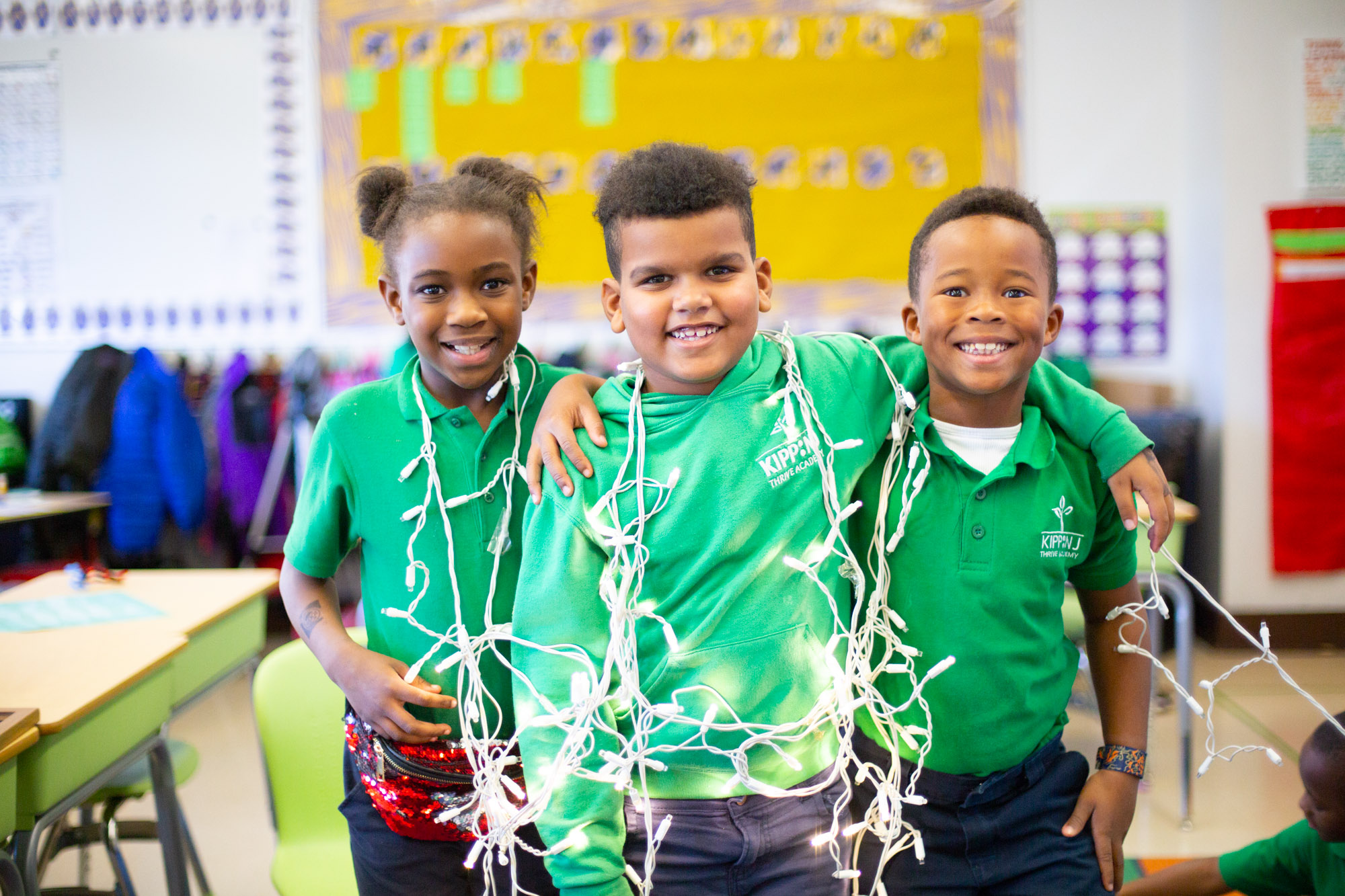In-store point of sale (POS) fundraising campaigns have been a mainstay of corporate social responsibility for decades. These campaigns are traditionally the domain of big box retailers that have the technical capacity to build a donation request function in their POS systems, at a national scale. Yet, when customers give a dollar or round up their purchase and donate the change, they see no impact beyond a line item on their receipt and have no idea where or how their donation will be used.
Meanwhile, small local businesses like cafes, salons, and independent specialty shops—which constantly seek ways to connect with their surrounding communities—are left with ineffective options like coin jars or complicated fundraising nights. Even when these collections are effective, owners have to spend time tabulating dimes and quarters, writing checks, and mailing funding to the nonprofit they support.
Democratizing Point of Sale Fundraising with Clover
DonorsChoose, Clover, and the Bill & Melinda Gates Foundation identified an opportunity to democratize POS fundraising and empower small businesses across the country to easily and directly support their local communities.
DonorsChoose is the most trusted nonprofit crowdfunding platform for giving to public schools across the country. Teachers request resources for their classrooms, and donors, companies, and foundation partners support those requests. Clover designs and builds POS devices that makes accepting payments simple and easy for small business owners.
We worked with the team at Clover to launch Round Up for Schools, a free Clover app that gives customers the chance to round up their purchase to the nearest dollar, in support of a DonorsChoose project from a teacher at a nearby school. To help us kick off the campaign and generate excitement among merchants, the Gates Foundation doubled every round up.
Round Up for Schools Inspired $107,294 Towards Learning Requests In the First Year
Primarily, our teams were interested to see whether this type of turnkey, hyperlocal philanthropic engagement would be compelling for small businesses in both the long and short term.
We launched the app on July 15, 2019, and here are our results from the first 12 months:
- 2,256 merchants downloaded Round Up for Schools
- 716 merchants collected at least 1 donation through Round Up for Schools
- $53,647.04 in total was raised through Round Up for Schools, which, in combination with the Gates match, led to $107,294.08 total applied to learning project requests
Giving Trends and Motivations Vary by Industry
Overall, the food services industry was the most valuable industry for round ups; 45% of merchants were of this industry, but it provided 53% of round ups. These businesses have a high number of daily transactions, giving staff ample opportunity to ask customers to round up.
Interestingly, clothing & community retailers showed higher than average donation rates (though fewer total transactions). Our hunch is that these types of businesses offer an ideal setting for pitching a round up. At these merchants, an ask to round up doesn’t compete with a potential tip. These retailers tend to have a more relaxed, slower paced environment than food services, giving customers more time to talk with a store owner or associate who can strongly advocate for DonorsChoose prior to checking out.

We spoke to the merchants who were most successful at fundraising using the app. These business owners tended to care about supporting their community, local schools, or education more broadly. Many of them trained their staff on how to engage with customers about making a donation and almost all even tapped the donation screen on the customer's behalf to make it a customary part of their checkout process.
We also uncovered a spectrum of motivations for using the app. The majority of merchants we spoke to shared their altruistic reasons for running Round Up for Schools, while others used it as a hook to get community members in the door.
COVID Impact Rippled to Round Up for Schools
Small businesses have been hit especially hard during the COVID-19 crisis, and that impact was felt in Round Up for School donations as well. Donations dropped sharply in March when the pandemic hit, but — optimistically — they have not stopped completely. Donations and merchant participation were lowest in April, but slowly and surely increased each subsequent month.

We’ll be keeping a close eye on the Round Up for Schools app as areas begin to reopen so that we can see how small businesses are tapping into local giving as a way to build trust and support from their communities.
Questions We’re Still Exploring
Looking forward, we have many curiosities to unpack. We're interested if the average merchant lifetime is impacted more by the pandemic or if it's common for our small businesses to want to run short fundraising campaigns instead of fundraising year-round.
We’re also currently running an A/B test for the merchants who are still using Round Up for Schools, asking the question of how merchant and customer engagement is impacted when a customer is given the option of leaving a different donation amount. Instead of simply being asked to round up, donors will be given a range of donation amounts. We’re excited to see if this product change will increase donation rates and amounts.






.jpg)
.jpg)

.png)





.jpg)
